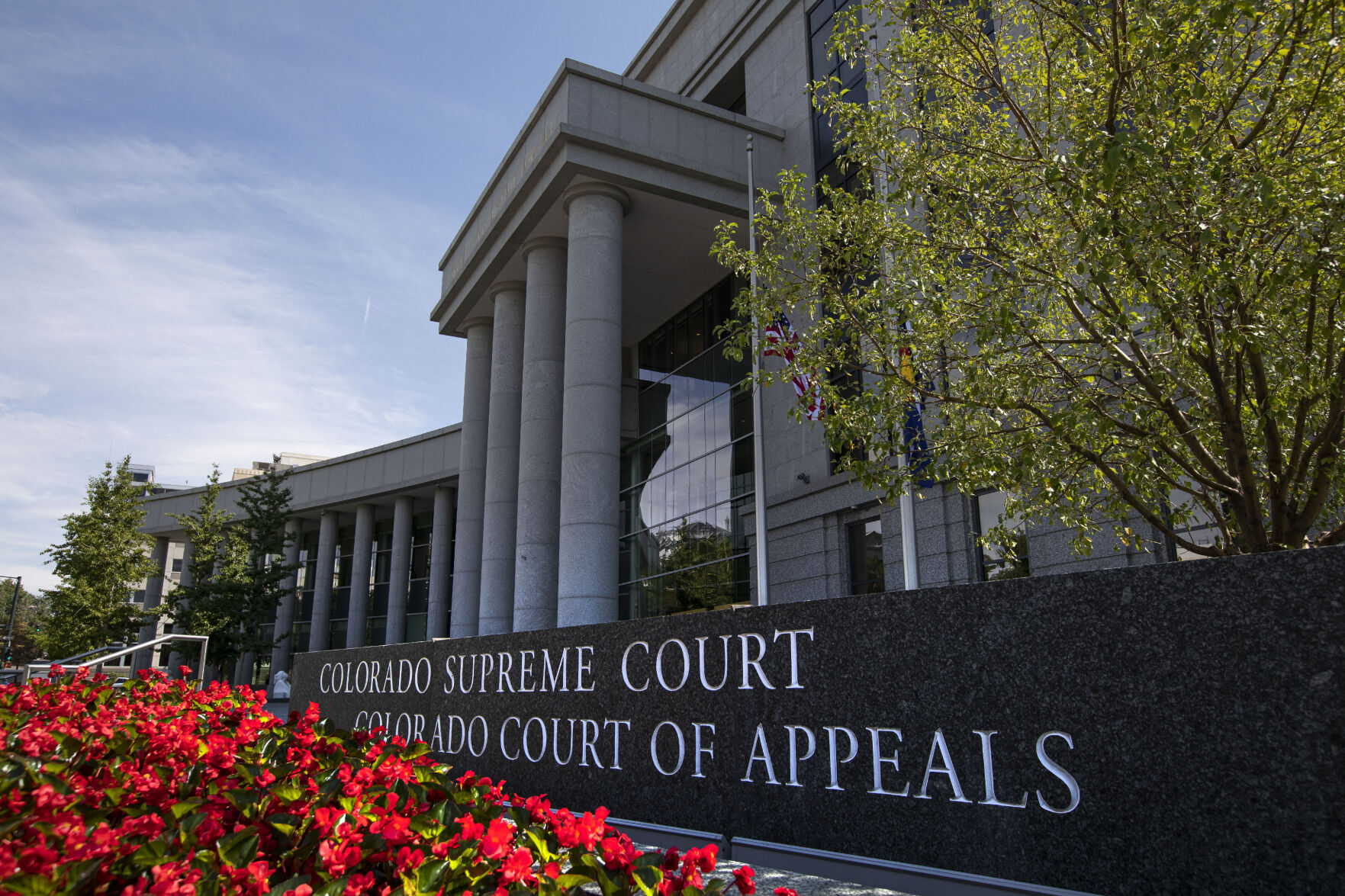Denver sex assault verdict reversed after expert vouched for victim’s credibility

Colorado’s second-highest court reversed a defendant’s child sex assault convictions earlier this month because an expert witness, who had no connection to the specific case, effectively told jurors the victim’s explanations were true.
In child sex assault cases, a generalized, or “blind,” expert may testify about how alleged victims react to and disclose incidents of abuse. The goal is to educate jurors about behavior that might seem counterintuitive – for example, a victim delaying their report to parents or authorities.
However, in the trial of a defendant identified as C.E.G., a Denver prosecutor asked generalized expert Suvi Miller to specifically tell jurors about her views on the alleged victim’s testimony. In doing so, Miller vouched for the victim’s credibility, despite having no involvement with C.E.G.’s case.
A three-judge panel for the Court of Appeals believed, given the absence of physical evidence, Miller’s improper testimony likely pushed jurors to side with the account of the victim, C.M., instead of defendant C.E.G.
“Given the importance of C.M.’s credibility to the jury’s evaluation of the case, Miller’s testimony may have been the deciding factor,” wrote Judge Jaclyn Casey Brown in the panel’s Oct. 5 opinion.
C.M. had disclosed to his mother that C.E.G. allegedly sexually assaulted him on three occasions, and repeated the accusations to a forensic interviewer. Prosecutors charged C.E.G., who was a teenager at the time of the alleged abuse, with multiple counts of sexually assaulting a child. At trial, C.M. testified that only two incidents of assault actually occurred.
A jury adjudicated C.E.G. delinquent, which is the juvenile equivalent of a criminal conviction. He received two years of probation as a sentence.
Case: People in the Interest of C.E.G.
Decided: October 5, 2023
Jurisdiction: Denver
Ruling: 3-0
Judges: Jaclyn Casey Brown (author)
Ted C. Tow III
Karl L. Schock
Background: Jeffco sex assault conviction reversed after appeals court says judge allowed expert to vouch for victim
Miller, a social worker who specializes in childhood trauma, testified generally about how the majority of sexually abused children do not tell someone immediately, and that victims will sometimes confuse the details from one incident of abuse with another.
The unnamed prosecutor, however, began asking Miller a series of specific questions about C.M.’s testimony. The prosecutor wondered if C.M.’s explanation for delayed disclosure was “consistent with your research.” When C.M.’s testimony was inconsistent about the number of abusive incidents, “what does that signify to you?”
Finally, would it be “fair to say there would be many reasons” why C.M.’s recollection was different from other witness testimony?
Miller responded that the account of “this child” aligned with her experience in other cases, and “there could be a multitude of reasons why that would happen and why he would not have recounted it that way to the jury.”
The defense did not object and Juvenile Court Judge Laurie A. Clark did not stop the testimony.
On appeal, C.E.G.’s public defender, Mark Evans, acknowledged during oral arguments that a generalized expert will need to focus their remarks on the type of case being prosecuted.
But “when you’re giving hypotheticals to an expert that are unmistakably parallel to the unique facts of the case,” he said, “at some point you’re no longer really talking about general characteristics. You’re talking about the individual facts of the case.”
The Colorado Attorney General’s Office denied that Miller was giving her opinion on C.M.’s testimony specifically. In response, Judge Ted C. Tow III observed that when prosecutors incorporate expert testimony into their arguments, they will typically be the ones who argue a victim’s behavior fit within the typical reactions the expert has seen.
“But the prosecutor asked this witness to tie it to the facts of this case. Isn’t that what’s wrong?” he added.
In the panel’s opinion, Miller’s testimony crossed the line by commenting on why “this child,” meaning C.M., would have delayed his disclosure of abuse.
“And the only reasonable way for the jury to have interpreted Miller’s answers was reflecting her belief that C.M. was telling the truth when he made his initial disclosure,” Brown wrote.
She continued that the same was true about Miller’s reactions to C.M.’s shifting account.
“Miller did not just answer questions phrased as hypotheticals involving similar facts, she answered questions about C.M.’s specific disclosures,” Brown wrote.
The panel ordered a new trial. A spokesperson for the Denver District Attorney’s Office said the prosecutors on the case were Laura Cramer-Babycz and Courtney Johnston, but it was unclear who questioned Miller at trial.
The case is People in the Interest of C.E.G.














